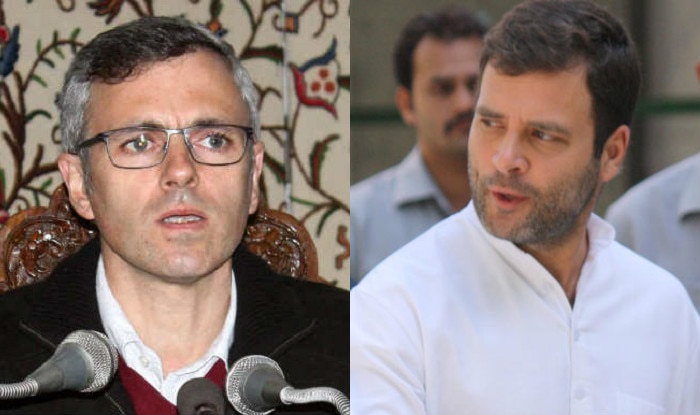The Congress party’s recent outcry over alleged Electronic Voting Machine (EVM) tampering reeks of desperation rather than strategy. Following its defeats in Haryana and Maharashtra, the party’s unsubstantiated claims have not only failed to gain traction but have also drawn criticism from allies within the Indian National Democratic Inclusive Alliance (INDIA). Leaders like Omar Abdullah of the National Conference and Sharad Pawar of the Nationalist Congress Party (NCP) have openly questioned Congress’s stance, exposing cracks in the Opposition’s unity.
Omar Abdullah’s pointed remark highlights Congress’s double standards: “How can you celebrate winning nearly 100 Lok Sabha seats but cry foul about EVMs when you lose?” The NCP’s Sharad Pawar echoed similar sentiments, dismissing the Congress’s claims as baseless. These responses underline the growing impatience among Congress’s allies, who view its persistent complaints as counterproductive.
The Election Commission of India (ECI) has repeatedly debunked allegations of EVM tampering. Open demonstrations and Supreme Court validations have reinforced the integrity of India’s electoral process, with the apex court even advocating for Voter Verifiable Paper Audit Trails (VVPATs) to bolster confidence. Yet, Congress’s refusal to accept these outcomes reflects poorly on its credibility. EVMs have undeniably revolutionized elections by ensuring quicker and more transparent results, but Congress’s persistent distrust in them paints the party as regressive and unwilling to adapt to modern systems.

More alarming is the Congress’s dwindling influence. Out of power at the national level for over a decade, the party’s presence in state assemblies has also eroded significantly. Once a dominant force in northern states like Uttar Pradesh, Bihar, Madhya Pradesh, and Rajasthan, the Congress now finds itself largely confined to a few southern states. The lack of electoral success has compounded its woes, with allies like the Trinamool Congress (TMC) and Samajwadi Party (SP) asserting dominance in their respective regions. Even within the INDIA alliance, murmurs of discontent are growing louder, with calls to replace Rahul Gandhi as the alliance’s face.
Rahul Gandhi’s leadership remains a point of contention. His repeated electoral failures, combined with what critics describe as “childish” and “immature” behavior, have turned him into a liability for Congress and the broader Opposition. Prominent voices within the alliance, including TMC leader Mamata Banerjee, are being seen as potential alternatives to lead the coalition. The Congress’s inability to reinvent itself or inspire confidence in its leadership has emboldened its allies to seek a more competent figurehead.
Adding to its troubles, the Congress faces dissent within its own ranks. Mani Shankar Aiyar’s upcoming book critiques Sonia Gandhi’s decision to grant Manmohan Singh a second term as Prime Minister in 2009 instead of Pranab Mukherjee. This revelation is a fresh blow to the party’s image, undermining its claims of internal cohesion.
Looking ahead, the Congress faces formidable challenges. The Aam Aadmi Party (AAP), ruling in Delhi, has rejected any alliance with Congress for the upcoming assembly elections. Such setbacks only isolate the Congress further, reducing its relevance in key electoral battles. Meanwhile, the BJP-led NDA, under Narendra Modi, appears poised to exploit the Opposition’s disarray. With Modi consolidating his position, the Congress must brace for a tough road ahead, especially as legal troubles loom over Rahul Gandhi and Sonia Gandhi, compounded by allegations linking them to controversial figures like George Soros.
Instead of crying foul over EVMs, Congress urgently needs introspection and reinvention. Without a coherent strategy, robust leadership, and meaningful alliances, the party risks further alienation in India’s evolving political landscape. The upcoming elections will be a litmus test for the Congress’s relevance—and so far, the odds are stacked against it.






